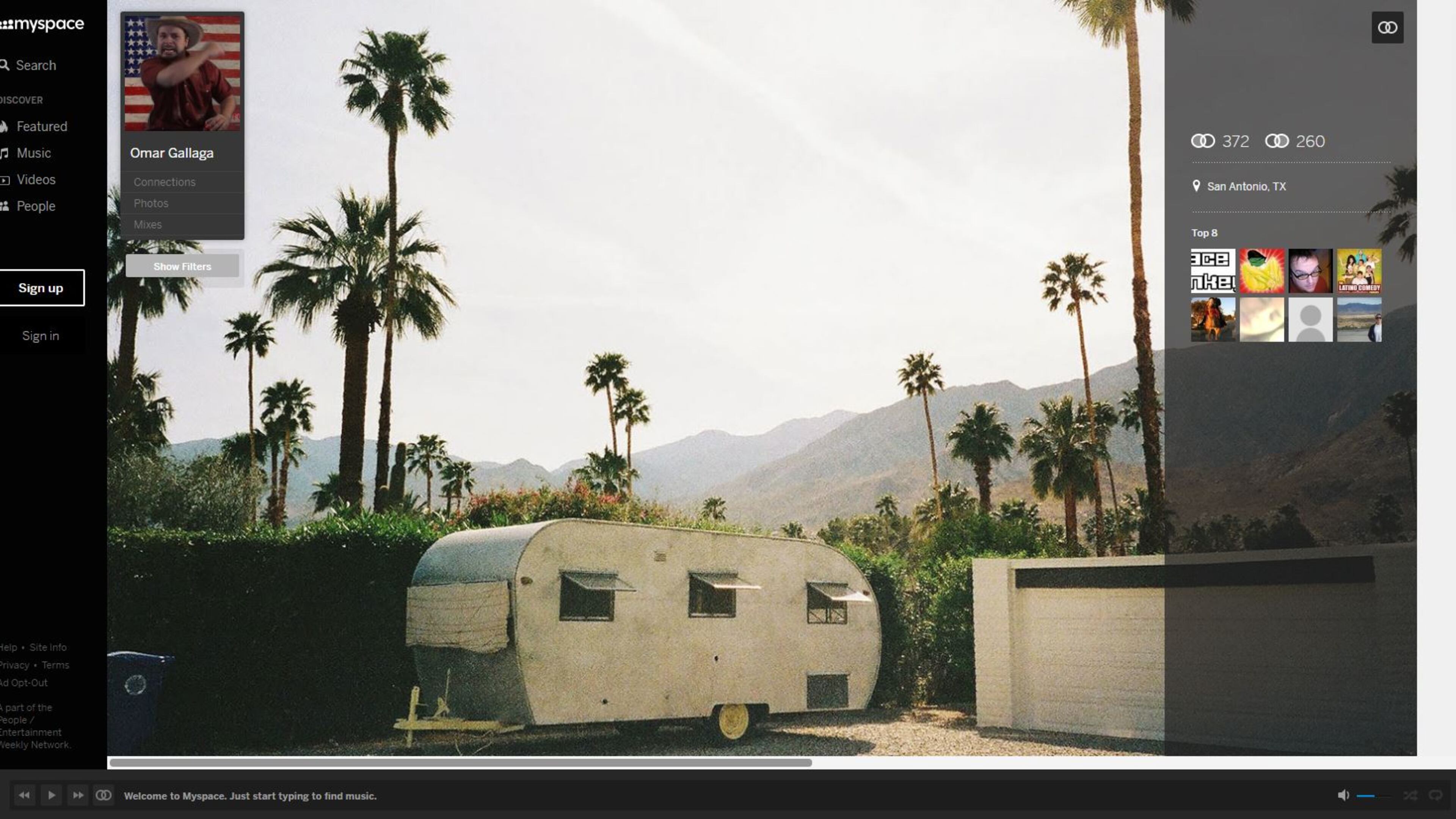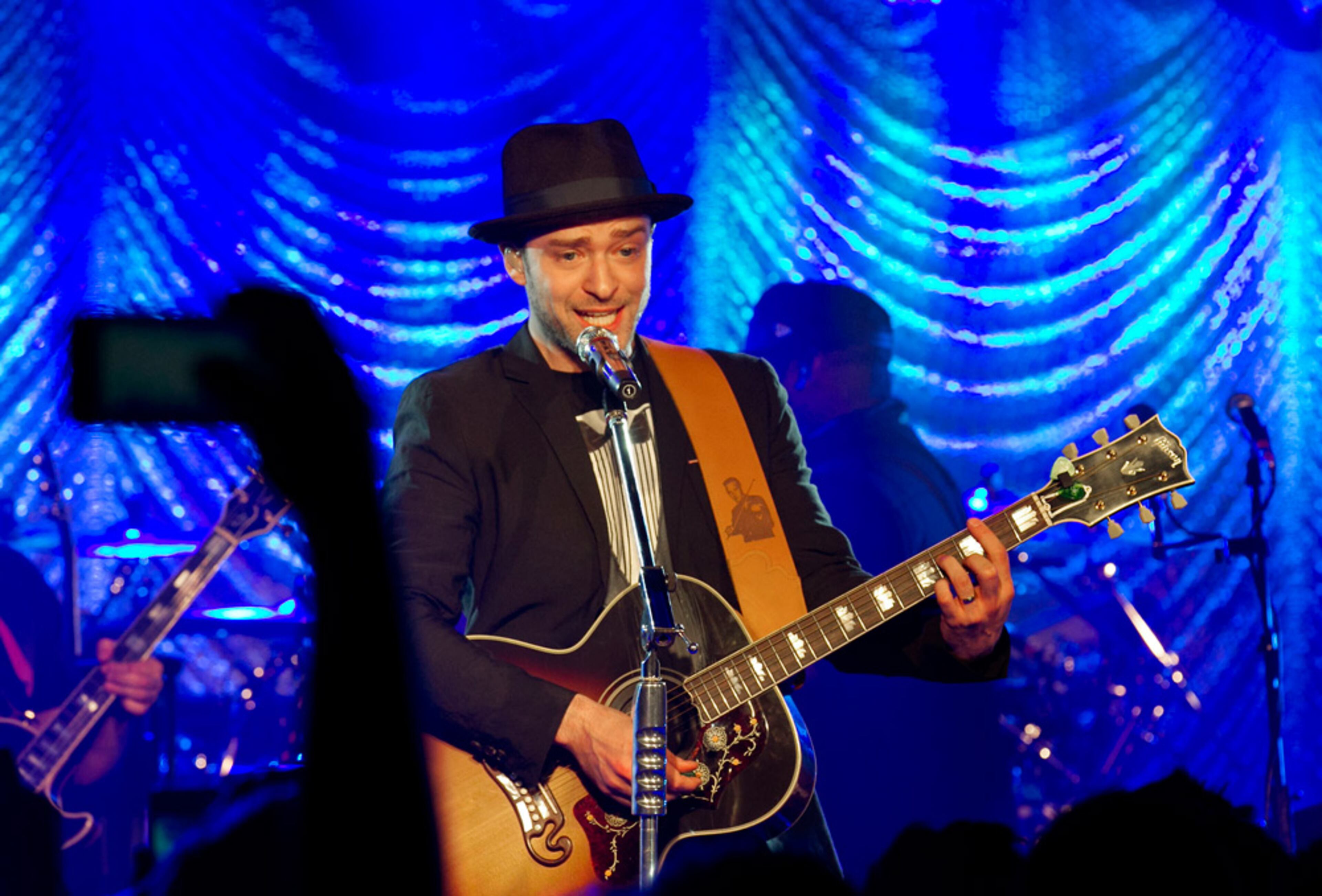A potential haunting from your past self on MySpace

To be honest, I'd forgotten all about it except as a punchline.
in its heyday, MySpace was for online nerds like me what Facebook is to a lot of people today: a nexus for connecting with friends and family, posting photos and even listening to music. This was from about 2004 to 2008 when MySpace's popularity exploded and before it fell out of favor. Before it pivoted to a music promotion site led by Justin Timberlake, and before it just faded, becoming a barely mentioned tidbit in a press release about Time Inc. acquiring the assets of a company called Viant.
But to paraphrase the movie "Magnolia," we might be through with the past, but the past isn't always done with us. It came to light just last month that a major hack dating to June 2013 compromised about 360 million accounts on the site. It follows other major data breaches apparently from the same hacker who also targeted LinkedIn and Tumblr and offered the password bundle online for money.
At first, this doesn't seem like such a major tragedy, at least on the MySpace front. Who still has (or much less uses) a MySpace page? What could possibly be exposed? An old social media connection to Tila Tequila before she went on to engage in anti-Semitic rants? Photos of the band Snow Patrol? (Insert your own reference to anything people cared about online 10 years ago.)
Why should you even care?
Ryan Anderson is director of strategic partners and outreach at the University of Texas Center for Identity, which deals in subjects such as our terrible password habits and identity theft. He says that you shouldn't just care about the MySpace breach -- you should be more proactive in protecting your online accounts in general.
"There's a lot of information about us out there that we can't control, like our credit score or what comes up in Google," Anderson said. "Knowing what information you have out there and what you can control is a positive thing."
Should those of us with MySpace accounts get rid of those old wayposts from another time?
"Going in and eliminating accounts you don't use and locking down the ones you do use, particularly Facebook, is a good protective measure. It certainly doesn't hurt," Anderson said.
But as Boys II Men, a group that was around even before MySpace, might interject, it's so hard to say goodbye to yesterday.
First I checked to see if my account was actually among those hacked. Leakedsource.com allows visitors to look up recent data breaches by name or email and I found out that I'd been a victim of all three MySpace, LinkedIn and Tumblr hacks. An outrage!
Then, without actually logging in (I can't imagine what my password might have been; maybe something referencing "Borat?"), I took a look at the current state of my MySpace page. Very old profile photos, very out-of-date connections to friends who are all now on Facebook or who have faded from my life entirely. and pop-culture friendships with properties including the movie "Avatar" and the show "How I Met Your Mother." But there issomething compelling about seeing my own long-forgotten pictures, and the photos of friends 10 years younger. I remembered the care I took in choosing my Top 8 Friends, as if that might matter for posterity. It really didn't.

Warts and all, there's some of my online life, frozen in amber to 2007-2008, exposed for the world to see. MySpace itself looks a lot different now, as if it sucked in tiny parts of my profils and grafted them onto a giant Windows 10 / Bing homepage of much-more visually appealing photography from around the world.
The MySpace Discovery page is a disappointing mix of celebrity gossip, videos and news aimed at millennials with headlines such as, "The Wombats Will Return Your Bra" and "Where Are The Gossip Girl Alumni Now?" The Wombats are a band... I think?
MySpace doesn't look anything like what it used to, with the homely home pages and the garish, blinking red text that was too highly customizable to be long for this world.
But is it dangerous? It looks like every other wannabe web portal today with gigantic photos and prayers of virality.
Would it really hurt me to just let my profile live on as a sort of time capsule to those go-go days?
Anderson says that it's not just your lost passwords you need to worry about. Hackers can piece together pieces of your identity from dormant social media email accounts that might list people you're related to, an occupation you held or other stuff that you might get asked as part of a KBA, or "Knowledge-Based Authentication," like when your bank account asks you your mother maiden's name or the first car model you owned. Using that information against you is what's called "Social engineering."
"Why are you leaving that out there if you don't need it when it contains biographical information?" Anderson asks. "If you're a band that created a MySpace page, there may be some search engine benefit. Otherwise, ask yourself: do you still use it for anything? Why do we use social networks? To network socially. If you're not using it for that, then no, there's no benefit."
That's a good point. Maybe it's time to say goodbye, permanently, to MySpace. To pull out, finally, from Plurk. To de-friend Friendster once and for all. These are all places I no longer go, with information I no longer need, the kind of situation Anderson compares to having a closet full of T-shirts, some of which you no longer wear.
"If you haven't worn them in two years," he says, "get rid of them."


